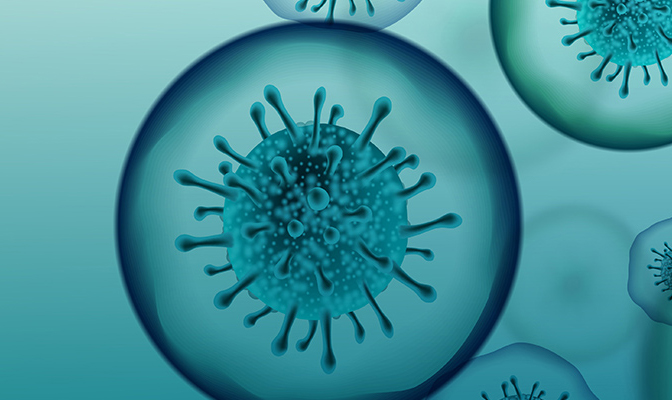


In partnership with IDMIT-CEA.
Preclinical validation of an extended portfolio of prophylactic and therapeutic options against SARS-CoV-2-induced pathologies remains a major challenge for the scientific and medical community. In this context, the high value of several animal models of SARS-CoV-2 infection has been demonstrated to screen a variety of products, such as vaccines, biologics or small molecules (repurposed drugs and new chemical entities). Still, choosing the right animal model might be challenging, based on various modes of action and/or timing of action of the tested molecules.
In this webinar, our guest presenters will discuss several case studies to illustrate the features of rodent (golden Syrian hamster, human AC2-expressing mice) and nonhuman primate (NHP) models, which provide different pathology settings (moderate vs. severe COVID-19). These examples will help the attendees in their decision process regarding valid COVID-19 model selection.
There are two main rodent models available to study the effects of potential COVID-19 treatments. SARS-CoV-2 infection of hamsters results in a moderate COVID-19 pathology (transient body weight loss, moderate lung inflammation) with rapid development of a protective immune response (cytokine release, neutralizing antibody response). Lethal models of SARS-CoV-2 infection, linked to severe cytokine-release syndrome, can be obtained using human ACE2-transgenic mouse models.
In the NHP SARS-CoV-2 infection, a large number of clinical, biological, virological and immunological parameters can be monitored in a close-to-human setting. In all of these experimental models, prophylactic and therapeutic strategies can be evaluated, depending on each product-specific mode of action.
Key learning objectives
how to select the most appropriate COVID-19 animal model for preclinical studies
About our speakers
Dr. Nicolas Legrand, In Vivo Lab & Study Unit Director, Oncodesign
Dr. Nicolas Legrand holds an MSc (1998) and a Ph.D. (2002) in immunology from Pierre and Marie Curie University & Institut Pasteur in Paris. He worked at the Academisch Medisch Centrum in Amsterdam from 2003 until 2010 as research scientist, scientific advisor and, finally, co-investigator on the Human Vaccine Consortium project funded by the Bill & Melinda Gates Foundation. In 2010, he joined AIMM Therapeutics in Amsterdam as scientific manager. He spent 7 years at Axenis as CSO, then as Director of Immunology after the acquisition by GenOway, before joining Oncodesign in March 2020.
Dr. Roger Le Grand, Director, CEA IDMIT
Dr. Roger Le Grand is veterinarian (MDV in 1988) and holds an MSc (1989) in cell biology and a Ph.D. (1994) in immuno-virology from the University Paris V. In 1996, he joined The French Alternative Energies and Atomic Energy Commission (CEA) as permanent senior scientist, through to his current position as the head of the Infectious Diseases Models for Innovative Therapies department (IDMIT). His work is mainly based on the use of preclinical models, including non-human primate models, of human diseases, and the development of advanced technologies — in vivo imaging in particular — with a continuing effort to translate findings in experimental models to the clinical practice.
